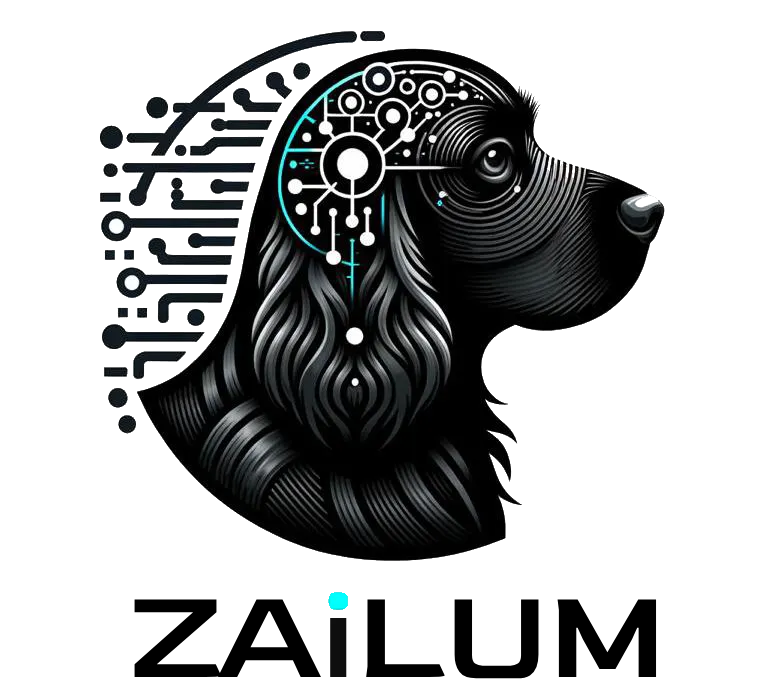In today’s fast-paced digital world, Artificial Intelligence (AI) has moved from being a mere buzzword to a core component of business strategy, driving innovation and efficiency across various industries. As businesses seek to navigate the complexities of the 21st century, AI has emerged as a transformative force, reshaping operations, customer experiences, and decision-making processes.
#### The Rise of AI in Business
AI’s integration into the business ecosystem has been propelled by its potential to analyze vast amounts of data quickly and accurately. From automating routine tasks to providing deep insights into customer behavior, AI technologies are enhancing productivity and enabling companies to offer more personalized services.
**Key Trends:**
– **Automation of Routine Tasks:** AI-powered tools are streamlining administrative and operational tasks, allowing human employees to focus on more strategic activities.
– **Enhanced Customer Experiences:** Through chatbots and personalized recommendations, businesses can offer 24/7 customer service and tailored product suggestions, significantly improving customer satisfaction.
– **Data-Driven Decision Making:** AI algorithms excel at processing large datasets to uncover trends and insights, helping businesses make informed decisions faster than ever before.
#### The Multifaceted Benefits of AI
**Increased Efficiency and Productivity:** By automating repetitive tasks, companies can achieve more in less time, reducing operational costs and boosting productivity.
**Improved Decision Making:** AI’s ability to analyze data and predict outcomes enables businesses to make more accurate and strategic decisions, reducing risks and identifying new opportunities.
**Enhanced Customer Engagement:** AI tools help businesses understand and anticipate customer needs, creating a more personalized and engaging customer experience.
#### Navigating Challenges
While the benefits of AI are vast, its adoption comes with challenges. Concerns around data privacy, the need for significant investment in technology and skills, and the potential for job displacement require careful navigation. Businesses must prioritize ethical AI use, invest in employee training, and develop strategies that blend human creativity with AI efficiency.
#### Looking to the Future
As we look ahead, AI’s role in business is set to grow even more prominent. Emerging technologies like generative AI and quantum computing promise to unlock new possibilities, from revolutionizing product design to solving complex logistical challenges. However, success in this evolving landscape will require businesses to remain agile, continuously learning and adapting to harness the full potential of AI.
In conclusion, AI is not just a tool for operational excellence but a catalyst for innovation and growth. Its integration into business practices offers a pathway to not only survive but thrive in the digital era. As we continue to explore the vast possibilities of AI, one thing is clear: the future of business is intelligent.
